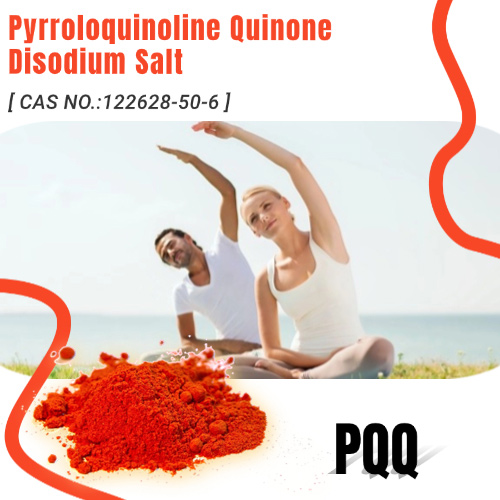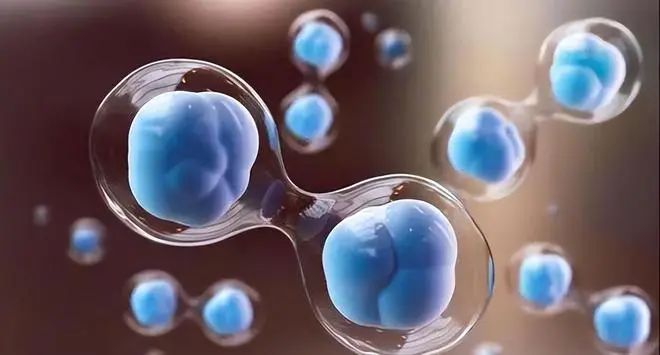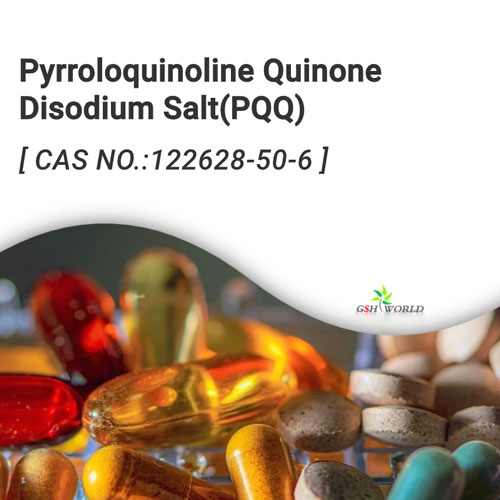The magical effect and function of traditional Chinese medicine PQQ
As an old Chinese medicine practitioner for ten years, I have a deep understanding of various Chinese medicines and their effects. I would like to share with you a traditional Chinese medicine that has gradually attracted attention in modern scientific research — PQQ (pyrroloquinoline quinone).
Although the term PQQ is not directly recorded in Chinese medicine classics, Pyrroloquinoline Quinone is a bioactive substance. It exists in trace form in many Chinese herbs and has shown a variety of physiological effects beneficial to the human body in modern research.
What is PQQ?
PQQ (pyrroloquinoline quinone) is a newly discovered vitamin-like compound, which plays a crucial role in the metabolism, energy production and antioxidant process of the human body, and the distribution of Pyrroloquinoline Quinone in the human body is mainly concentrated in the heart, liver and kidney and other organs, which are the most active place in the body’s energy metabolism.

Several main functions and effects of PQQ:
1, powerful antioxidant function:
PQQ has significant antioxidant properties, which can effectively remove free radicals in the body and protect cells from oxidative stress. Free radicals are one of the important factors leading to cell aging, lesions and even cancer. By supplementing PQQ, the antioxidant capacity of the body can be enhanced and the aging process can be delayed.
2, Promote mitochondrial growth and repair:
Mitochondria known as the energy factories of cells, and Pyrroloquinoline Quinone is able to stimulate the production of new mitochondria and maintain the health of existing ones, which means that PQQ helps to increase the energy level of cells, thereby improving overall physical health.
3, Neuroprotective effect:
The protective effect of PQQ on the nervous system is particularly striking, and studies have shown that Pyrroloquinoline Quinone can protect nerve cells from damage and promote the repair of damaged nerves, which is of great significance for the prevention and treatment of neurodegenerative diseases such as Parkinson’s disease and Alzheimer’s disease.
4, Guardians of Heart health:
PQQ is also beneficial for heart health, it can help reduce the risk of cardiovascular disease, studies have found that Pyrroloquinoline Quinone can reduce the damage to the heart due to ischemia and can improve the function of the heart.
5, Potential anti-aging effects:
Due to its dual role in cellular energy production and antioxidants, Pyrroloquinoline Quinone believed to have certain anti-aging effects, and by supporting the health and function of mitochondria, PQQ helps maintain the youthful vitality of the skin, brain and other organs.
6, Promote Liver health:
The liver is an important detoxification organ in the body, and PQQ can increase the levels of antioxidant enzymes in the liver, helping to protect the liver from toxins and drugs.
7, Improve learning and memory:
Some studies have suggested that PQQ has a positive effect on improving cognitive function, especially in learning and memory, which may be related to the enhancement of brain mitochondrial function.
8, Improve skin condition:
Because of its powerful antioxidant properties, PQQ also used in skin care products to reduce UV damage to the skin and prevent skin aging.
9, Blood sugar Regulation and weight Management:
Preliminary research suggests that PQQ may be helpful in regulating blood sugar levels and weight management, although this area is not well studied.
10, Anti-inflammatory effect:
PQQ has also shown to have anti-inflammatory effects and may helpful in relieving symptoms of certain inflammatory diseases.
Pyrroloquinoline Quinone is an emerging nutritional supplement, and its multi-faceted physiological effects are gradually being certified by the scientific community.
As a practitioner of Chinese medicine, I suggest that anyone who wants to supplement PQQ should first consult a professional medical staff to ensure safety and develop a supplement plan suitable for individual physique.
We should also maintain respect for and explore the knowledge of traditional Chinese medicine. Combined with modern scientific research, the precious wealth of traditional Chinese medicine can better serve the health needs of modern society.

